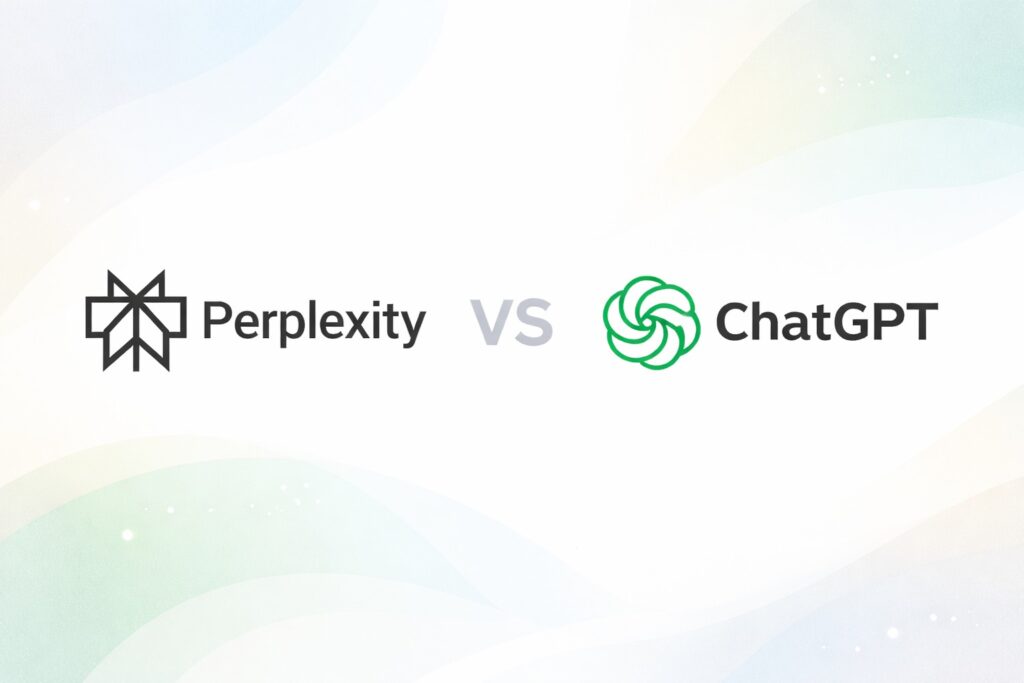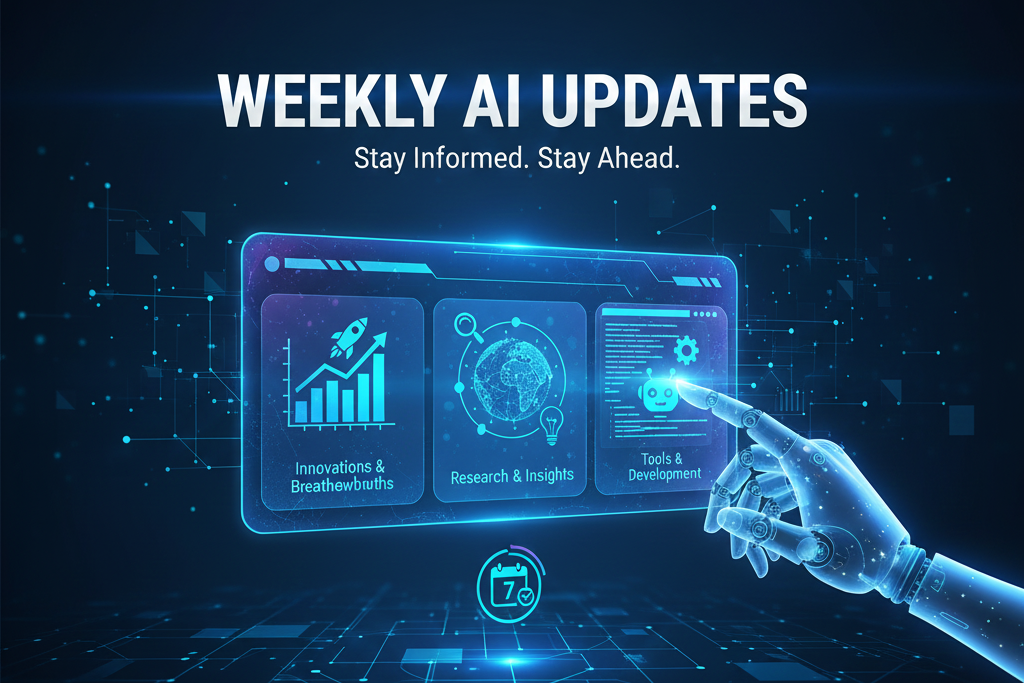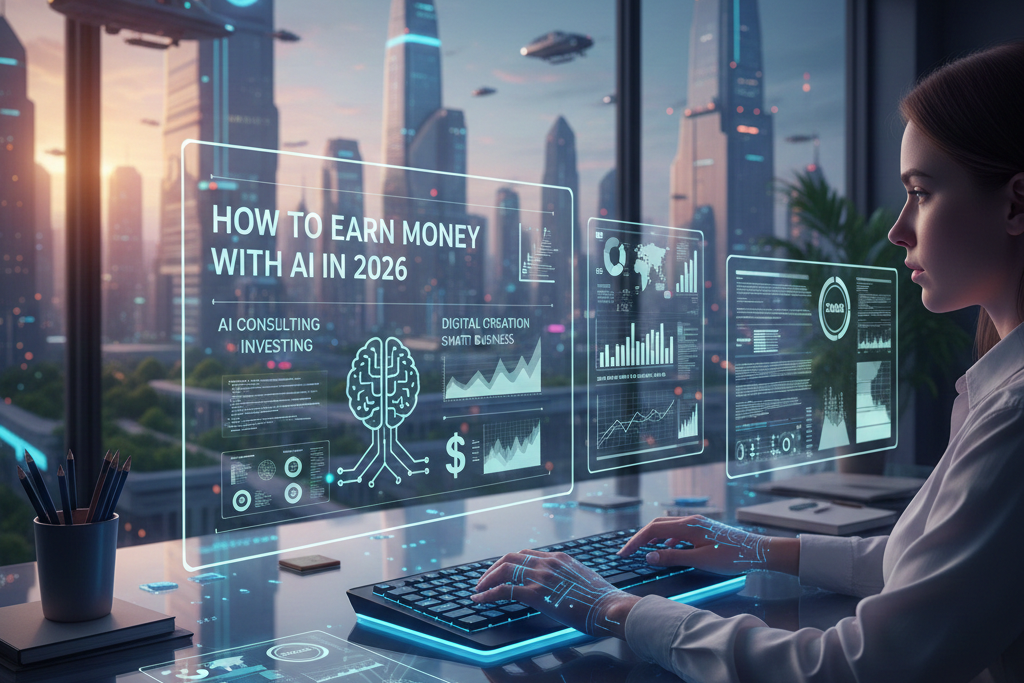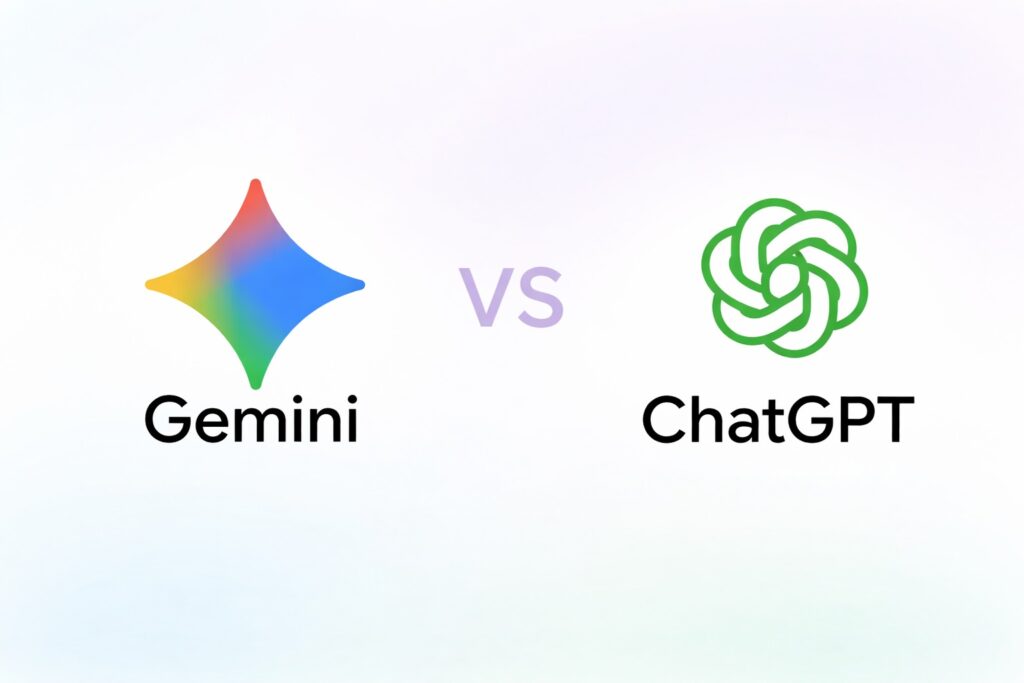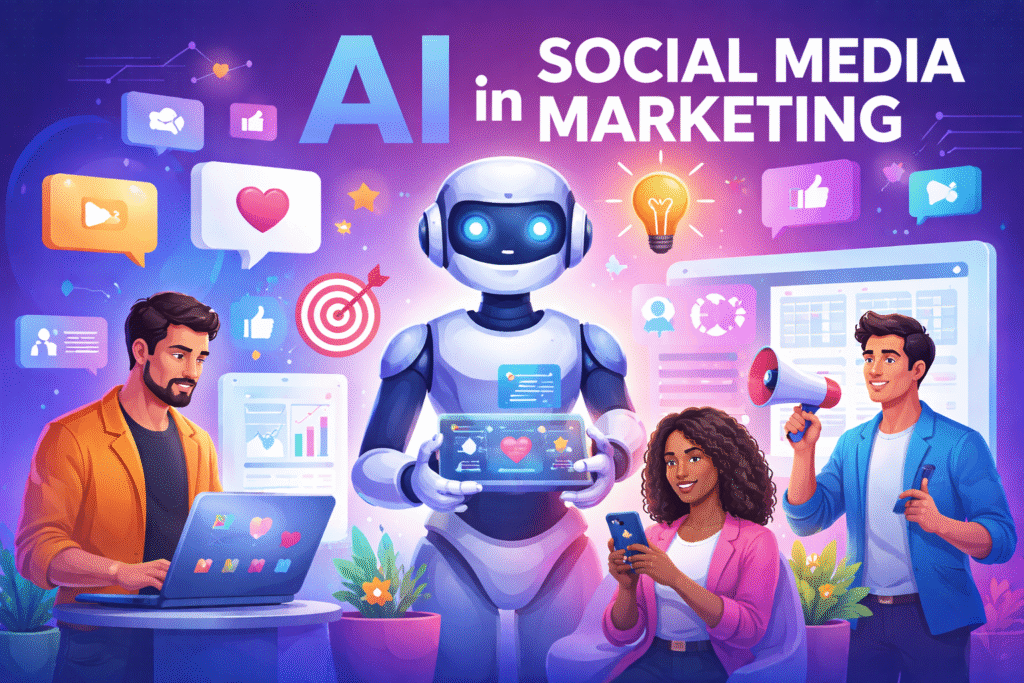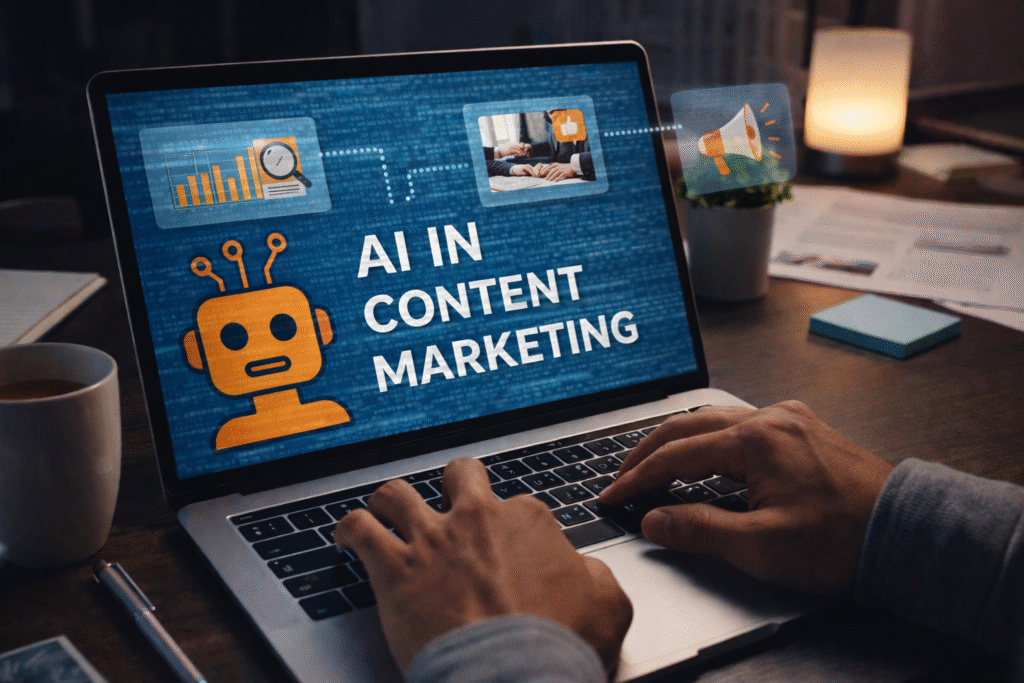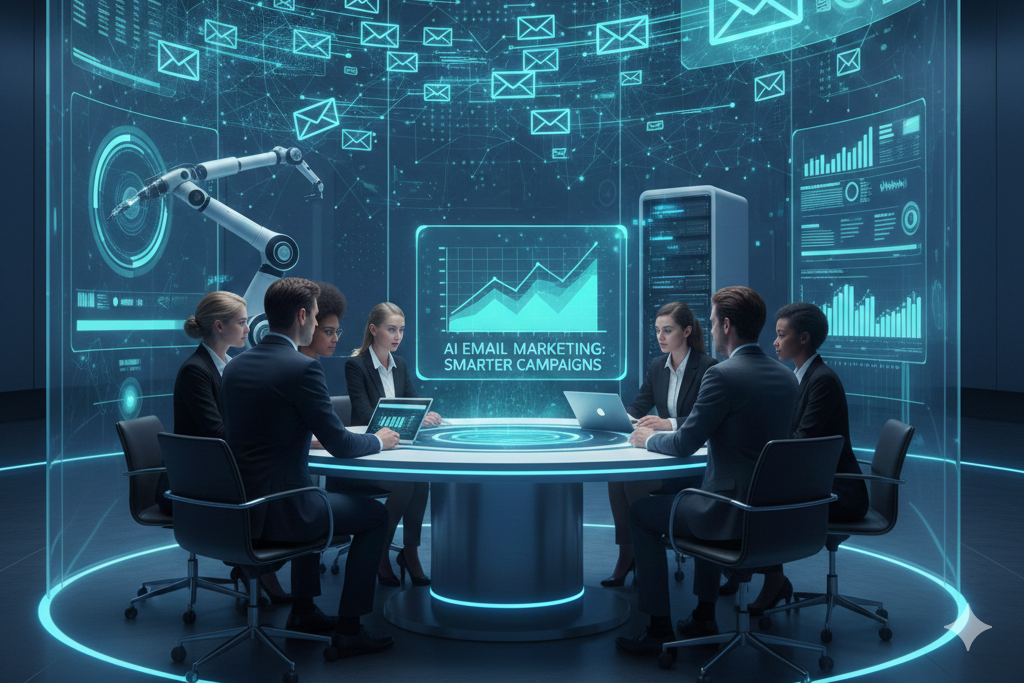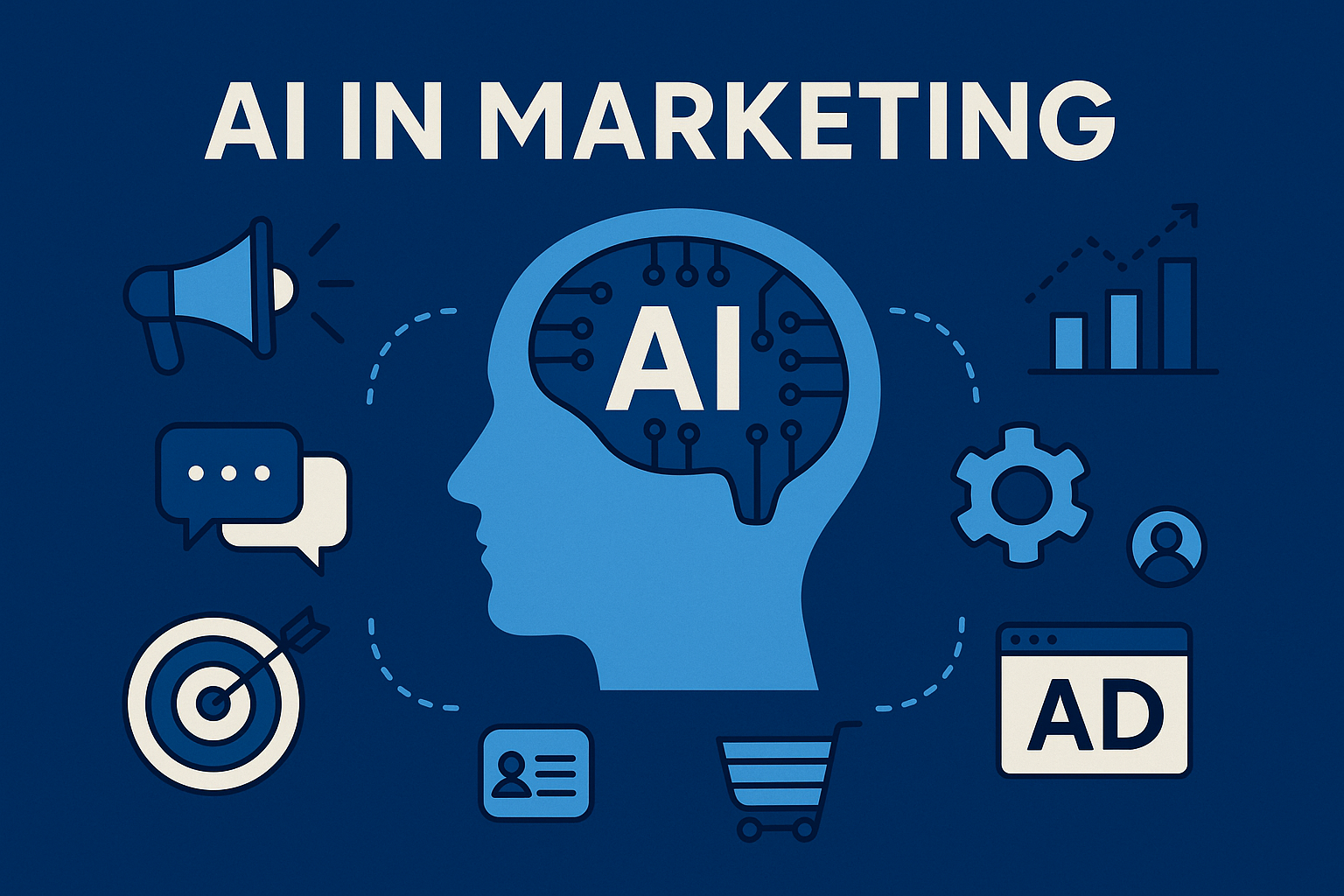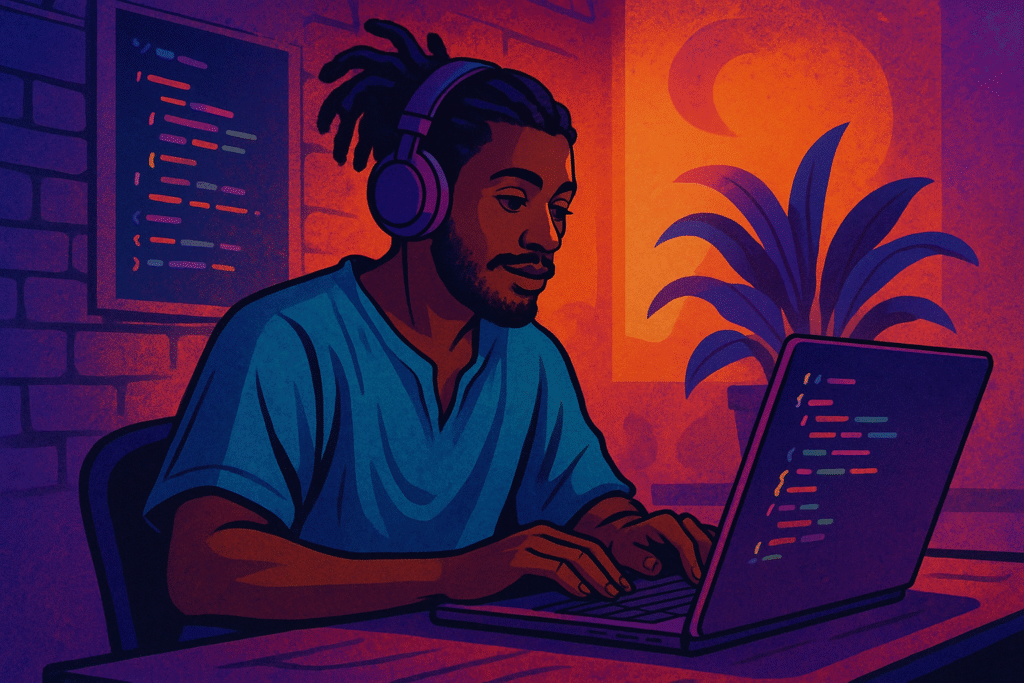We are living in an Artificial Intelligence (AI) world where streamlining workplace tasks takes up to 60 seconds only, automation less than a minute, and even generating human-like responses in customer support service promptly without much ado.
Even in the AI Report of 2027, the author provided a fictional story about AI growing in the upcoming years and in the end, we would have two options: Race Ending (in which countries will keep competing to each and increase the power of AI and one days AI will take over humans) & Slowdown Ending (in which countries will take calculated steps to improve AI so it will remain under control and human will have all the power). Which ending would you like to have?
And, the biggest question is: What if AI results in an existential threat to humanity?
This blog is an attempt to observe positives and negatives through various instances of AI. Plus, this blog will give you a well-rounded point of view of the dangers and perks linked with AI.
So, let’s turn it on.
What is Artificial Intelligence (AI)?
Artificial Intelligence refers to the machine’s ability to carry out tasks that normally call for human intelligence in computer systems. It involves machine learning, natural language processing, learning, reasoning, correcting errors, computer vision, machine vision, speech recognition and much more.
Here is what happened at first:
Narrow AI is an AI that remains task-based. Then, there is a Generative AI that took over not only basic human tasks such as writing rough code or data entry, but also suggested corrections, edits, and futuristic insights that no human can no longer deny.
Have you ever heard an AI chatbot improve on its own without using your prompt engineering technique? That’s right. It is known as Superintelligent AI.
But firstly, let’s understand existential risk with some examples.
Understanding Human Existential Risk with Examples
Human Existential risk is often linked to situations where a bad result would either wipe away entire human intelligent life or hinder its upward trajectory completely.
For instance, nuclear war, pandemics, and climate change will either erase entire human existence or it will reduce the economic growth that we have achieved so far. Hence, an existential risk has no rewards, only consequences to suffer.
Time and again in history, we have seen the uses and abuses of intelligence. Given that, intelligence is a double-edged sword, be it with humans or AI or both. Whatever we see now in AI, developments may sound cool-techie, but it is not. And who knows, AI might become independent, capable at a high level to perform and replacing humans on the planet.
Therefore let’s understand why AI could be an existential threat with examples below.
Why AI Could Be an Existential Threat with Examples
- Data Collection and Leaks: We live in a General AI era. Hence, AI chatbots are not only collecting your data, but also identifying your behaviours and voice more successfully than your parents or siblings would ever know that.
For example, if other AI users or companies ask about you, then AI can provide your information, behavioural patterns, and use your voice without your consent. How will you survive this? Think about it.
- Control Loss: AI takes every task seriously. For instance, if a Superintelligent AI takes a data entry task, we prompt it to do it directly without asking questions, then it will do what it takes to finish the entries. Further, it starts to destroy whoever or whatever comes between it and the goal which can be dangerous for humanity.
- Mass Manipulative Actions: AI can propagate misinformation, destructive propaganda, voice cloning, and deepfakes.
For instance, Rashmika Mandanna, an Indian actress, was a victim of a viral deepfake video on Instagram. Also, some singers are afraid of their voices being AI-cloned and sold to other companies without their consent.
Also Read: Can Artificial Intelligence Replace Humans? Potential & Limits of AI
As we understood why AI could be an existential threat. Therefore, it is necessary for you to see a positive side of the story as well. So, let’s understand why AI may not be an existential threat with examples below.
Why AI May Not Be an Existential Threat with Examples
- Constraints: Researchers perform a safety test of every AI product or service before it launches in the market and reaches consumers.
For example, Tesla’s AI-automated cars are securitised by humans at each stage before and after the launch.
- Ethics: AI is a machine with a computerised intelligence, whereas humans are driven by emotions, ethics, pros, and cons of each situation.
For instance, if a robot tries to kill a human, then another human (the robot’s owner) will enter the scene and prevent it from doing so because it is wrong and the owner will have to go to jail because police cannot arrest a robot right?
- Regulations: There is no doubt that humans can manage and regulate AI through restrictions and laws.
For example, the European Commission is an organization that not only fines/restricts tech companies but also questions its data privacy issues in courts. In some cases, European Commission alleged Facebook, Instagram and Google for teenagers suicide rate citing an issue of ‘algorithmic body-shaming reels and advertising’.
By seeing positives and negatives of AI’s existential threat, you might want to ask…
‘Is there any common ground between both point of views?’ Then, I would say, yes, let’s delve into it.
Common Ground Between Artificial Intelligence & Human Intelligence
There must be common ground between AI and Humans. Hence, balance is an important element in ‘existential risk’ story. Humans must have to be relevant, well-read to critically control and point out shortcomings and mistakes of AI for best outcome rather than being swayed by its answers/work.
Humans have the power to create an interesting set of jobs that don’t replicate AI to ensure that existential risk due to AI never happens. AI is dependent on humans not vice-versa. So, by keeping these things in mind, human should invest in AI.
Final Thoughts
AI is an existential risk only if we don’t control its impact or reform it for human well-being. Therefore, this AI reform not only calls for Global AI Summits but also calls for global unity to create a human-friendly space in the AI world with a sense of secure future just for humans. Off we go. What is your thoughts on it? Will AI takeover human intelligence or humans will remain the most intelligence species on this planet.
FAQs
1. Is artificial intelligence a threat to human rights?
Yes, artificial intelligence is a threat to human rights, if doesn’t use in limitations.
2. How can AI be a danger to humans?
AI is a danger to humans by user’s data collection and leaks, human control loss and mass manipulative actions.
3.“We can control advanced AI by limiting its access to the outside world.” Is it fact or myth?
It is a fact that uncontrollable AI may find a way to either directly gain access to the outside world (e.g., through “hacking”) or convince humans to give it access.
4. Since humans program AIs, shouldn’t we be able to shut them down if they become dangerous?
While humans are the creators of AI, maintaining control over these creations as they evolve and become more autonomous is not a guaranteed prospect. The notion that we could simply “shut them down” if they pose a threat is more complicated than it first appears.
5. If AIs become more intelligent than people, wouldn’t they be wiser and more moral? That would mean they would not aim to harm us.
This is an interesting idea. However there is no guarantee regarding the prospect.
6. Why would anyone in their right mind ask a computer to destroy humanity or a part of it or the foundations of our civilization?
History is the witness that even humans with the right mindset ask wrong things to happen. Genocide, climate change, and nuclear war are the best examples of it.
Relevant Blogs:

